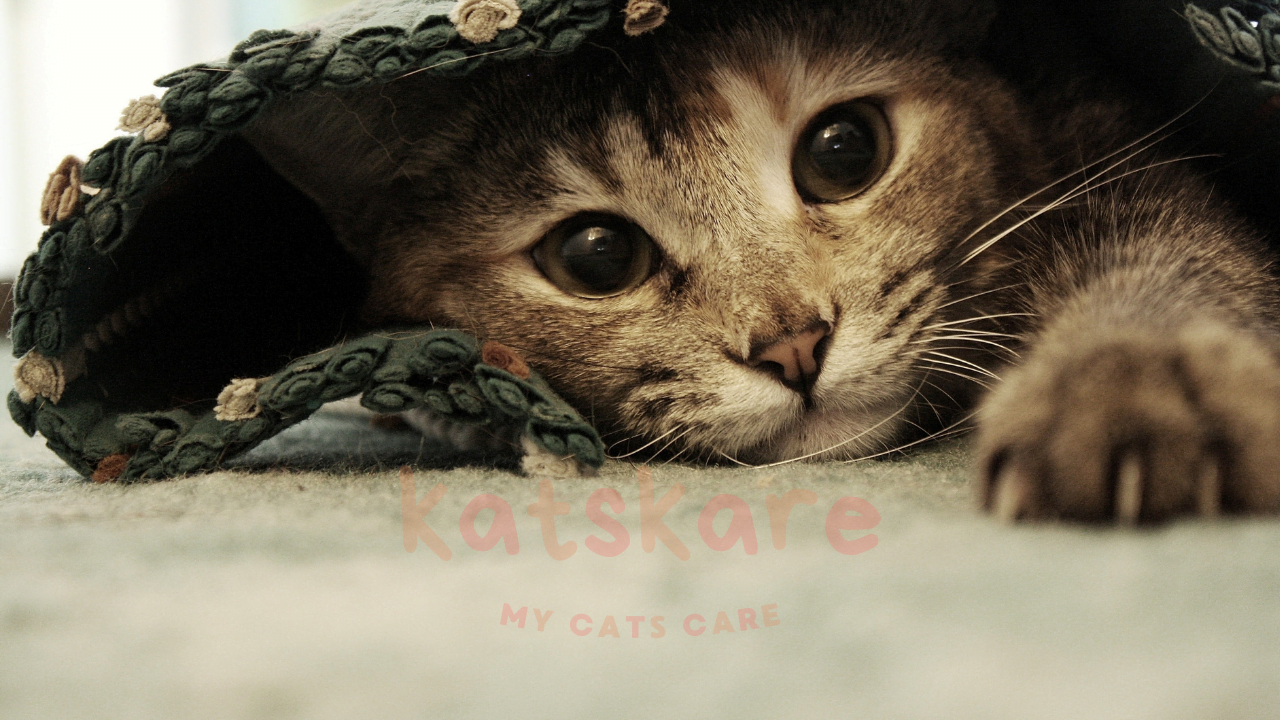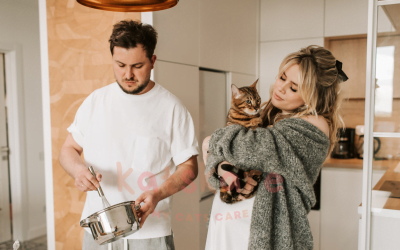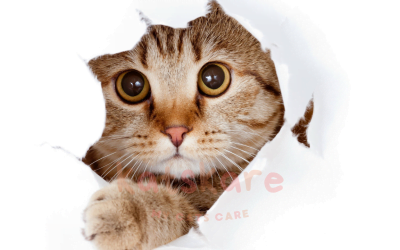Cats, like humans, can get colds or upper respiratory infections. If your cat or kitten is showing signs of a cold or flu, it’s essential to provide them with proper care to help them recover.
Here are some steps you can take:
- Consult Your Veterinarian: The first and most crucial step is to consult your veterinarian. They can diagnose the specific issue and provide guidance on treatment. Sometimes, what may seem like a cold or flu could be a more serious condition that requires medical attention.
- Isolate Sick Cats: If you have multiple cats, try to isolate the sick cat or kitten from the others to prevent the spread of the illness. Provide them with a separate living space, food, water, and litter box.
- Ensure Proper Hydration: Cats with colds or flu can become dehydrated quickly. Make sure your cat has access to clean, fresh water at all times. You can also try offering them chicken or beef broth to encourage drinking if they are reluctant.
- Maintain a Warm and Comfortable Environment: Keep your home at a comfortable temperature, as cats with colds may be more sensitive to temperature changes. Provide a warm and cozy place for your cat to rest.
- Humidify the Air: Using a humidifier can help relieve congestion and make it easier for your cat to breathe. Just ensure that the humidifier is clean and well-maintained to prevent mold growth.
- Nasal Drops or Saline Solution: Your vet may recommend using saline nasal drops or a saline solution to clear your cat’s nasal passages. Follow your vet’s instructions on how to administer this safely.
- Encourage Appetite: Cats with colds often have a decreased appetite. Offer them enticing, easily digestible food like canned cat food, which tends to be more aromatic and appealing to cats with congestion. Warming the food slightly can also make it more enticing.
- Administer Medication: If your veterinarian prescribes medication, follow their instructions precisely. This might include antibiotics if there’s a bacterial infection or antiviral medications.
- Monitor Symptoms: Keep a close eye on your cat’s symptoms. If they worsen or don’t improve within a reasonable time frame, consult your vet for further guidance.
- **Quarantine: If you have multiple cats and one is sick, try to quarantine the sick cat to prevent the spread of the illness to the others. Wash your hands thoroughly after handling the sick cat to avoid transmitting the virus to other cats.
Remember that cats with respiratory infections can be quite contagious to other cats, so it’s crucial to take precautions to prevent the spread of the illness.
Additionally, always consult your veterinarian for proper diagnosis and treatment recommendations, as they can tailor their advice to your specific cat’s needs.







